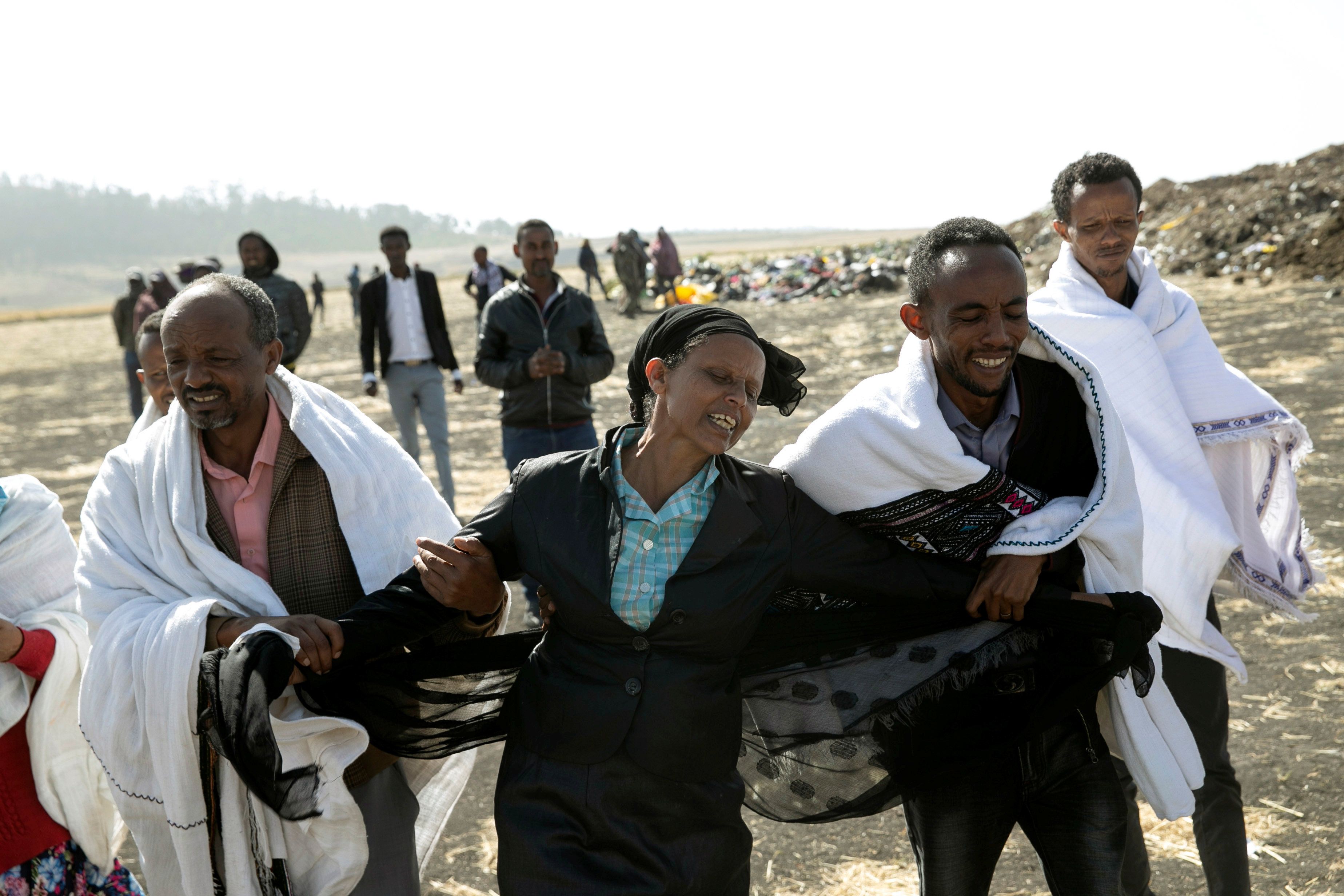In the days since the crash of an Ethiopian Airlines Boeing 737 Max jet on Sunday, governments around the world have ordered airlines to ground that model until more is known about the causes of the accident. After all, it is the second time that Boeing's top-selling late model jet has gone down in less than six months.
This is first and foremost a human tragedy – and one that hit home for your Wednesday Signal author, who has friends and acquaintances who lost people in the crash. But the global response carries some strong political undercurrents.
For one thing, the first country to suspend 737 Max flights was China, which happens also to be Boeing's most important market for the aircraft. Chinese aviation authorities may have legitimate questions about the plane's safety, but amid a deep trade spat with the US, Beijing is also keenly aware that the flight ban – which quickly spread to more than a dozen other countries – puts huge pressure on Boeing, one of the largest US manufacturing companies.
Second, the countries that have grounded the new 737 did so despite assurances from the US-based Federal Aviation Administration that the aircraft is still airworthy, given actions taken in the wake of the earlier crash and the early stage of the investigation into the latest incident. That's unusual. For decades, the FAA has set the agenda for the safety and regulation of the global aviation industry. Is that changing? The decision of so many countries – including key US allies in Europe – to ground the plane, despite the US regulator saying it has yet to uncover any "systemic performance issue" that would merit such a move, is "almost a rebellion against the FAA" as one astonished industry watcher toldBloomberg. While it's too soon to tell if the FAA's global clout is lastingly weakened, cracks have appeared in what was once simply assumed to be an area in which the US held global regulatory sway. Sound familiar?
Lastly, it doesn't help the FAA – or Boeing for that matter – that several US lawmakers and two big US flight attendants' unions also called on Tuesday to ground 737 Max flights, or that President Trump tweeted in to complain that today's fly-by-wire jets are "far too complex to fly." The President and lawmakers probably felt pressure to say something, given public concern and other governments' reactions to the crash. But it fits a broader pattern in American politics of distrusting experts and taking cues from social media that everyone seems to be jumping into panic mode instead of citing US commercial aviation's safety record or urging the public to wait for the facts to come in.
We'll find out more about the specific cause of this tragedy as investigators (largely from the US, as it happens) examine evidence from the crash site. But in the meantime, it's worth considering the ways in which the aftermath of the crash is reverberating into broader geopolitical themes of the day.
